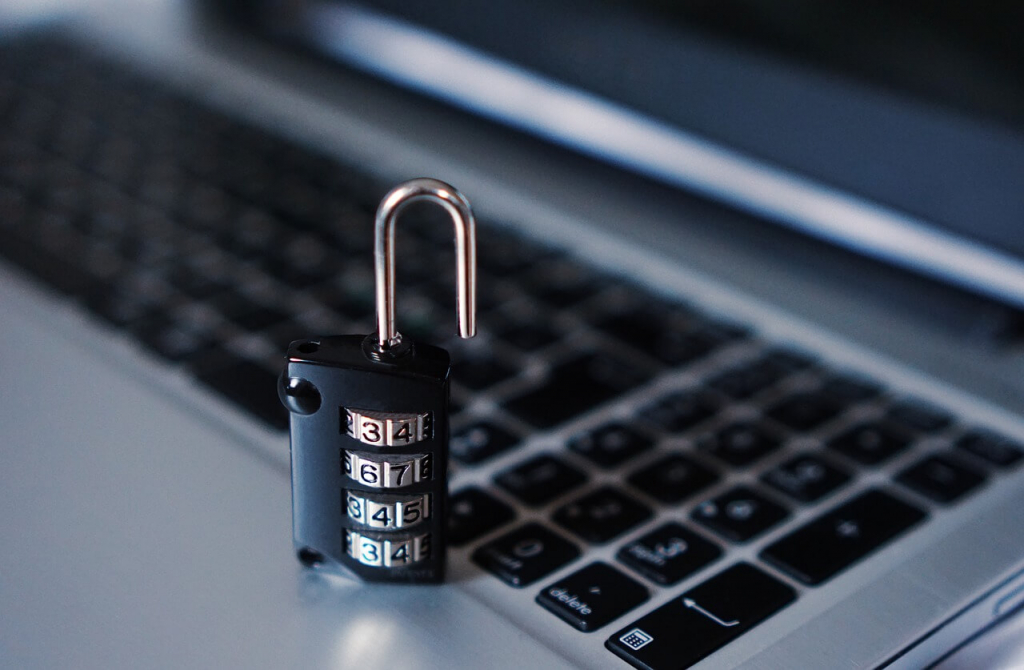When you publish your listing on Padleads and syndicate it to popular rental websites, a lot of home hunters might reach out to you to apply to be tenants. Since you will have to screen them to determine if they are qualified, they would have to give you their private information and sensitive data such as income documents.
As an ethical landlord, you must safeguard their information. Valuing your tenant’s privacy is one way to earn their trust, which is very important if you want them to continue leasing for a long time. Here are a few things you should keep in mind in handling tenant information.

Electronic Device Protection
Since we are in an age where we store most of our information online or in our computers and smartphones, it has been a target of online hackers to steal private information.
One way to protect your tenant’s information stored on your devices is to have them password-protected. You should also install antivirus software and firewalls for added protection.
Minimize storing sensitive files on portable hard drives that can easily fall on the wrong hands.
Release and Disposal
Do not release your tenant’s personal information to anyone without getting the permission of the tenant. Avoid giving out information over the phone unless you can accurately verify the identity of the person on the other end of the line.
The only time you can release such information without consent is upon the request of a police officer who can provide a standard request for information form.
When erasing information on your device, make sure that you also clear out your trash folder. For printed data, use a shredder.

Tenant communication
When communicating with your tenants through emails or texts, make sure that you encrypt the sensitive information included in your exchange. If possible, discuss very private information in person.
It is also important that you inform your tenants and rental applicants how you intend to use their information as well as how you will store and dispose of them. If the data you have gets compromised, you are required by the General Data Protection Regulations (GDPR) to inform the affected individuals within 72 hours.

Property management team
Make sure that your employees and staff who manage your rental properties can also be trusted to keep tenant information private. Should they resign or get fired, ensure that their privilege to access information related to your business and your tenants will be revoked.
Cyber insurance
Consider including cyber insurance in your landlord insurance policy. This can cover breach costs, hacker damage, privacy protection, and other forms of online data theft